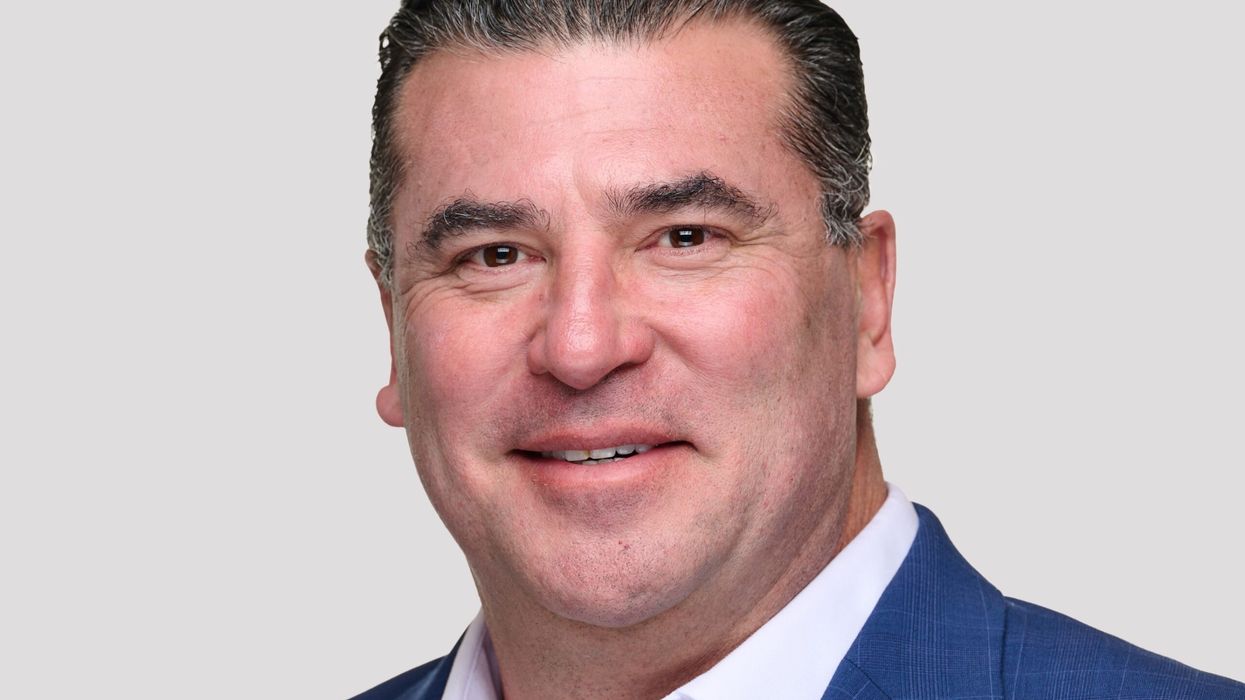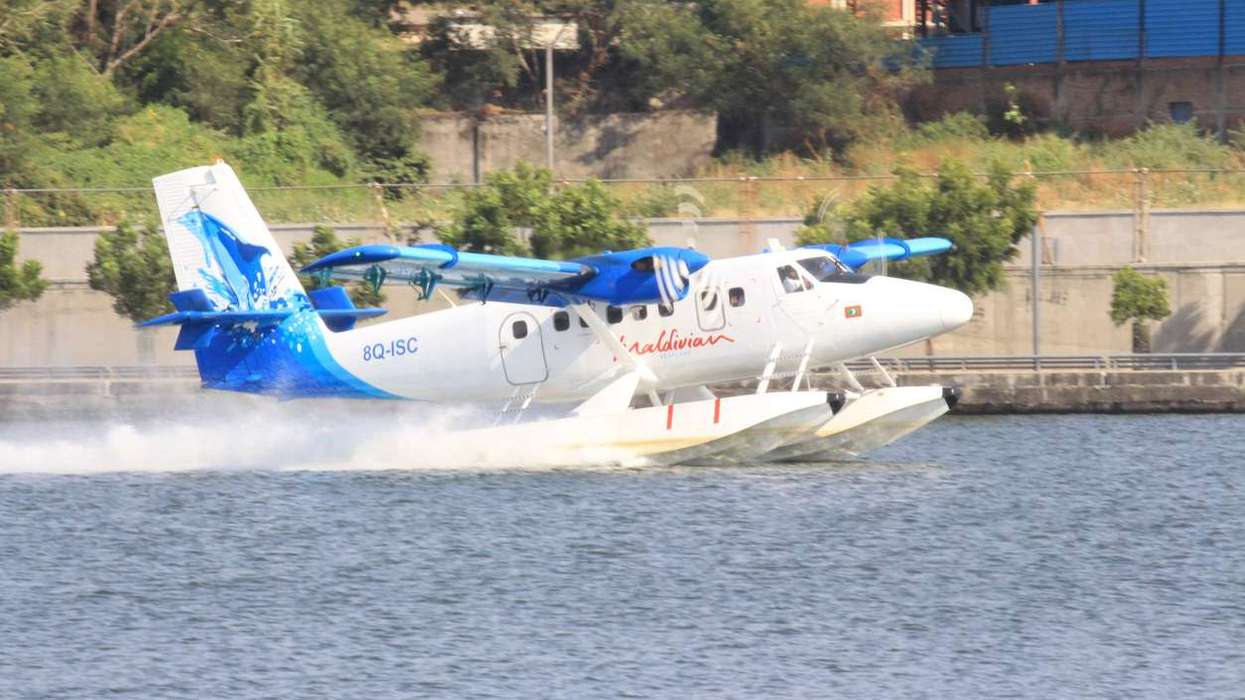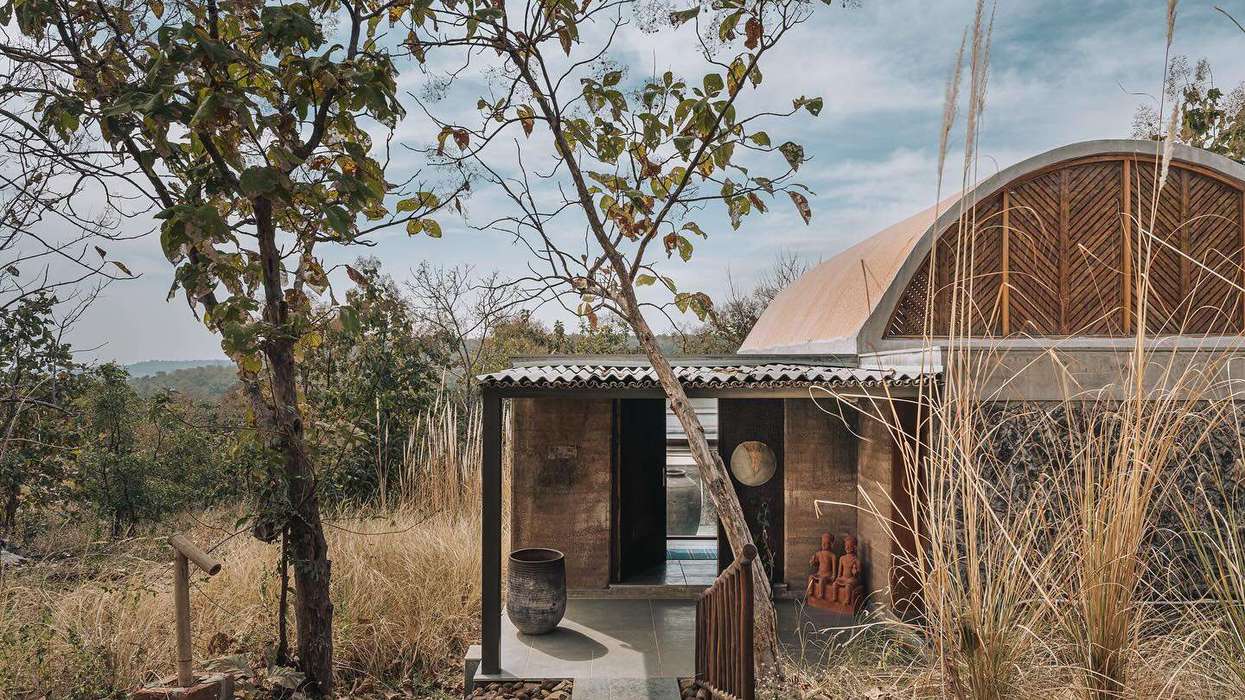What is Sonesta’s extended-stay hotel strategy?
SONESTA INTERNATIONAL HOTELS Corp.'s extended-stay brands, Simply Suites and ES Suites, continue to perform well, even as travelers shift toward economy hotels during challenging economic times, said Brian Quinn, Sonesta’s chief development officer. The company remains focused on evolving its lifestyle and luxury brands, with a strong emphasis on F&B.
However, the decline in international travel remains a significant challenge for the industry.
“Extended stay continues to be a juggernaut. We’ve got two offerings under Sonesta—Simply Suites in the midscale segment and ES Suites in upscale. When the economy wobbles, extended stay often benefits. People scale down a bit, and this segment holds strong. Similarly, while the economy segment had a strong run and has recently come back to earth, there’s still room for growth,” Quinn said during an interview at AAHOA’s 2025 Convention and Trade Show.
He also discussed the Simply Suites prototype launched at Hunter.
“We’ve been working with owners to optimize sites by exploring options like orienting the building lengthwise or choosing between three and four stories,” he said. “It’s fully digital and AI-driven—the three-story version offers 89 rooms, and the four-story about 122, all on less than two acres. The goal is to maximize revenue potential for owners.”
Key developments
Quinn spoke about preparing Sonesta’s owned assets first and holding themselves accountable before expecting the same from franchisees.
“We’re investing about $200 million in hotel improvements this year despite all the uncertainties,” he said.
On development, Quinn shared updates on two major projects in Miami.
“We’ve got a 336-room James hotel coming up in downtown Miami,” he said. “It’ll be the tallest building in the city and will feature a private club, spa, fitness center and rooftop amenities. We’ve just finalized the capital and structure to make it a brand-in-residence.”
He also announced plans to renovate the Nautilus property on Miami Beach.
“Our affiliated company acquired it for about $175 million,” Quinn said. “That’ll be another James, this time right on the ocean—an exciting step forward for the brand.”
Quinn spoke about executing Sonesta’s playbook focused on being fast, friendly, and flexible. He emphasized the importance of franchising with an owner’s perspective, a point also highlighted on the main stage.
“When we set brand standards, we implement them ourselves,” he said.
He reflected on the company’s rapid growth, noting it now manages just under 1,200 hotels, up from fewer than 50 five years ago.
“We’re following the playbook. First, we integrated finance, legal, and HR,” Quinn said. “Over the last year and a half, we’ve unified everyone on one reservation system and a single loyalty program.”
Sonesta’s loyalty program, Travel Pass, now spans 13 brands, including America’s Best Value, Signature, and Red Lion by Sonesta.
“We cleaned up our brand portfolio too, removing a few brands while others are expanding,” he said. “It’s a bit counterintuitive but strategic.”
The company ran a successful process across 114 hotels put up for sale, attracting 3,040 bidders, Quinn said.
“We reached our target price and are now finalizing purchase and sale agreements, which is incredible,” he said.
Construction lags post-COVID
Quinn said the hotel industry has yet to return to a normal construction cycle post-COVID.
“Inflation was the first major headwind, and now people are stalling a bit, waiting to see how much longer this uncertainty will last and what costs will ultimately look like,” he said. “That said, I think most are being very deliberate and cautious in their decision-making.”
“At some point, we have to figure out how to be more welcoming,” he said. “International travelers might only be a small share, but they’re incredibly hard to replace. That’s a big reason why the West Coast—places like Portland, Seattle, and San Francisco—continues to struggle. We lost all the inbound traffic from China, and you simply can’t make that up.”
Quinn noted he initially expected the market to start turning but didn’t foresee a second wave of disruption.
“I think the Fed gets it, they’re not going to mess with rates unnecessarily,” he said. “But still, there are real headwinds for new construction. That said, I always remember: in previous downturns, during the dot-com bubble, the real estate crash, 9/11, the people who moved first and took risks came out ahead. First movers tend to see better returns.”
He believes the operational discipline gained during the pandemic will continue to serve the company well.
“The muscles we built during COVID will help us navigate this moment too,” he said. “Hopefully, the environment stabilizes soon.”
Despite the uncertainty, Quinn said the fundamentals of hospitality investment haven’t changed.
“We know people want to be near the water,” he said. “They want to be in downtown locations. They want walkable food and beverage. If you're off an interstate, you need fuel and food nearby. These basics haven’t changed, and we’re getting better at conversions across the board.”
Quinn said the AAHOA convention has been successful and that New Orleans has been an excellent host city this year.
“Whether we do it in New Orleans or Las Vegas, we tend to get a strong turnout,” he said. “In these turbulent economic times, it’s important that we come together and speak with one voice. We’re using our collective influence to inform policymakers and others about the real impacts on travel and tourism. Hopefully, we’ll find our way through these challenges. As we said from the main stage, resiliency is part of our DNA.”






